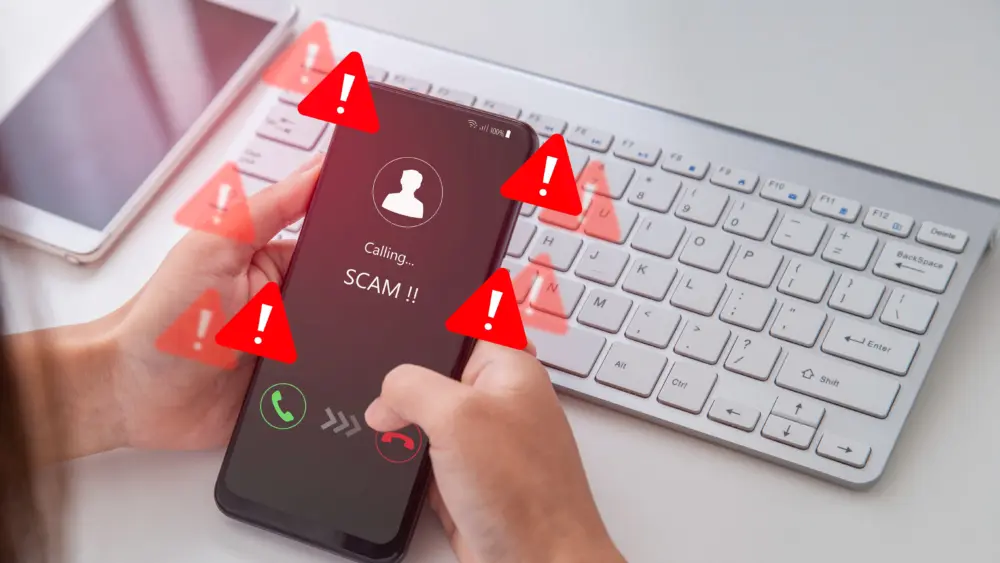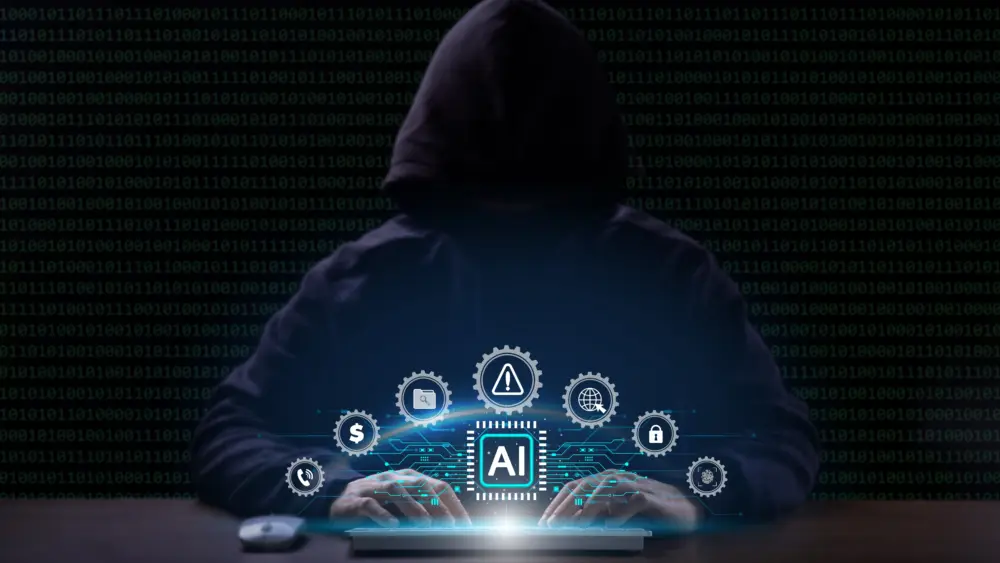
There’s no question about the two big tech stories of 2023: the rise of generative AI based on large language models (LLMs) like ChatGPT, and Elon Musk’s purchase of Twitter, subsequently renaming it X, and apparently driving away the life-giving dollars of major advertisers by embracing what he termed “radical free speech.” These stories will continue sending ripples into the new year. But what will be the big, new stories of 2024?
Tech is hard to predict: it’s very much of the—to quote Hemingway—“gradually and then suddenly” variety. Lots of tech seems to spring suddenly into the news, but generally, those issues have been simmering for a while. Suddenly, it gets cheaper and easier to train LLMs. Suddenly, someone thinks they can do a better job of running a 17-year-old social media company. And overshadowing it all is what some think may be the most consequential presidential election ever, on which both X/Twitter and the ability of LLMs to generate huge amounts of plausible sounding disinformation on demand may have some impact. How does democracy disappear? Gradually, and then suddenly.
My first column for Northbay biz appeared in the January, 2001 issue of what was then Sonoma Business magazine. So this year marks the start of my 24th year of writing Tech Talk (a name which hasn’t changed in all that time). The new year always presents an opportunity to think about whether I still enjoy writing this column, whether I have anything new to say, and whether I should hang it up. The beauty of writing about technology is that there is almost always something new to write about. The other two questions are harder to answer. Over 23 years, I can count the times I’ve received reader feedback on my fingers. Fortunately, there’s only been one occasion where the magazine published something I disagreed with strongly enough to stop writing. The column I wrote for the issue following that has never been published—I wrote another one, and the magazine published a retraction of sorts (I had nothing to do with that).
But every month comes down to figuring out something interesting, informative and useful to say. I guess as long as my editor and publisher think I’m doing that, I’ll hang in for another trip around the sun.
The nicest use of technology I’ve come across of late is the wait list at Augie’s French in downtown Santa Rosa. The new restaurant from Mark and Terri Stark is very popular, and a wait is usually required (unless you show up at 3 p.m. when the excellent happy hour starts). But, unlike many places, you just give them your mobile phone number. When your table becomes available, you get a text message. Reply with 1 and head back to claim your spot. It’s nice, because it gives you the opportunity to do something else while waiting. This may be commonplace to my readers, but it’s the first time I’ve encountered it and I really liked it.
I really like when businesses use my phone to make my life easier.
For example, when parking in Santa Rosa public parking lots, I can now use an app (Passport Parking) to interact with city parking—it’s a big improvement over the prior system, which required me to walk to a kiosk, print out a slip of paper, and walk back to my car to put it on the dashboard. Now, I get out of my car (and lock it), walk to the Passport kiosk, enter the number of the parking lot and my license plate, select the amount of time I want to park, pay via the app and go on my merry way. The phone-based display of the app makes it much simpler to interact with the parking system because it’s not restricted to an inexpensive, low-resolution LED display and uses familiar smart-phone mechanics.
Bonus: I don’t have to run back to a parking meter to add coins. The app notifies me when my time is almost up, and I can extend it with a few taps on the screen. Ain’t tech great?
Of course, because not everyone is comfortable with using a phone, you can enter your license plate on the kiosk, and pay with cash. That’s fine. But for the vast majority of people who “live” on their phones, catering to that can really generate returns for your business.
The good news is that we’re far enough on the adoption curve that things like Passport Parking and whatever system Augie’s is using for reservations already exist. You don’t have to build it yourself. And, of course, smart, creative people will continue to see new ways that tech can make life easier for people and deliver those systems. Some will succeed, some will fail. But that’s the reason I still enjoy writing about tech and businesses.
So best wishes for the new year to you, Gentle Reader. Drop me a line with a suggestion for a column, or to tell me what you love/hate about tech, or to (dis)agree with me. I’m looking forward to all the unexpected developments that 2024 holds in store.
Author
-

Michael E. Duffy is a 70-year-old senior software engineer for Electronic Arts. He lives in Sonoma County and has been writing about technology and business for NorthBay biz since 2001.
View all posts



